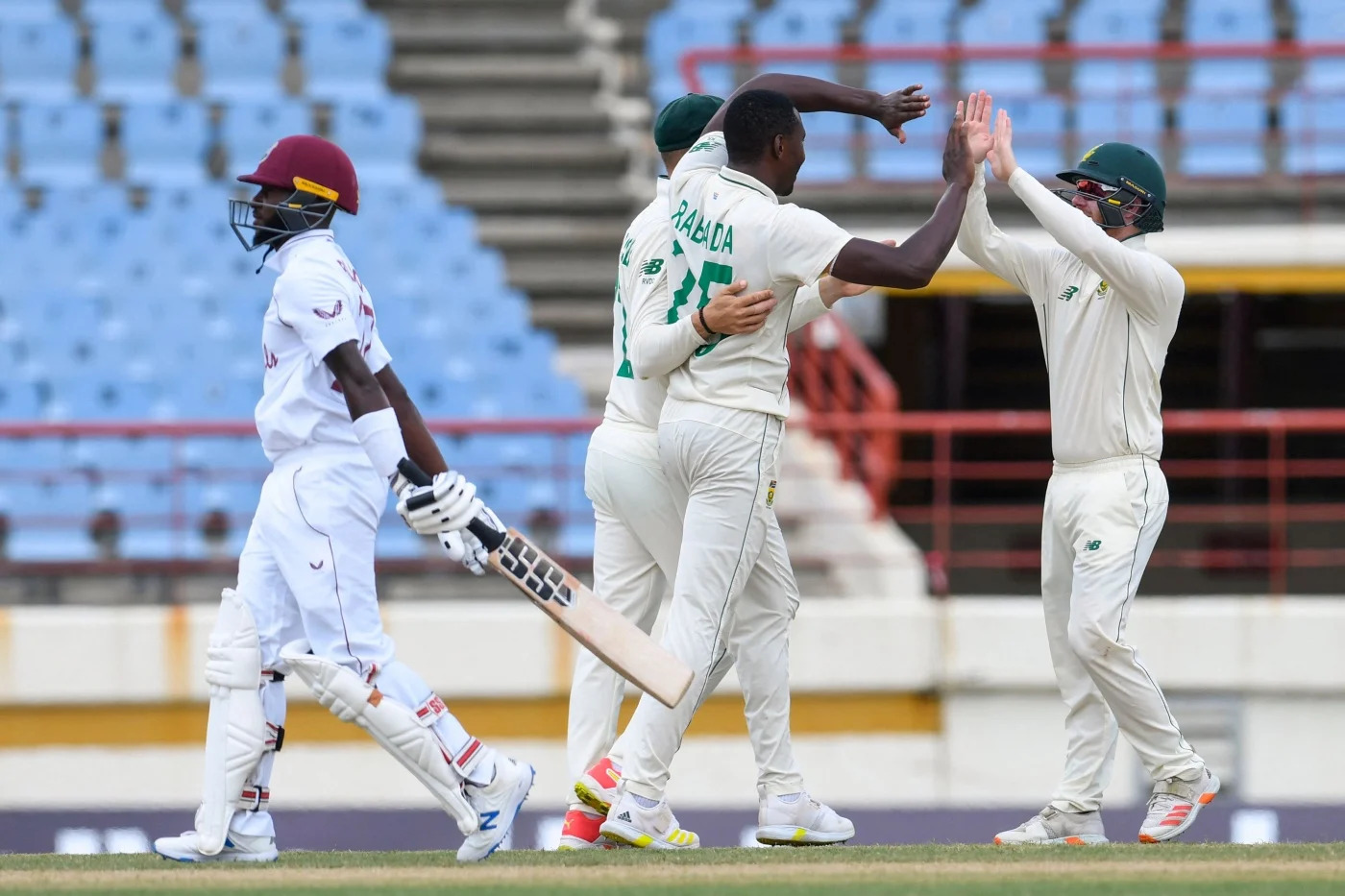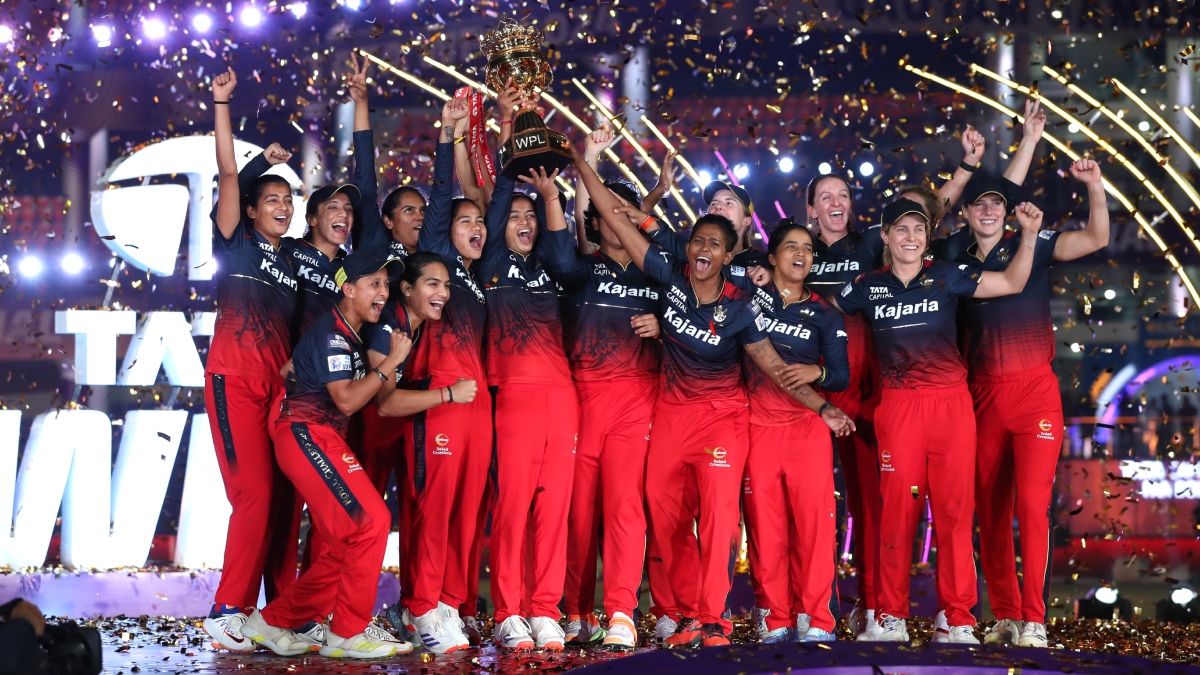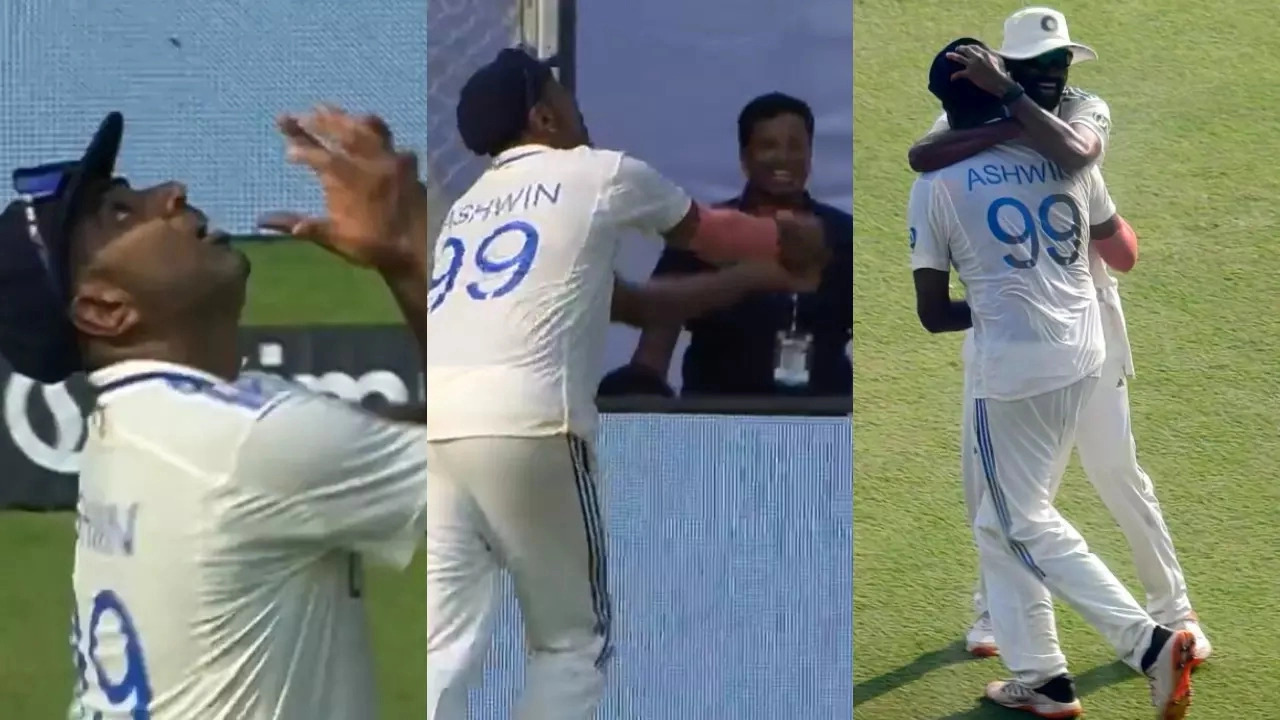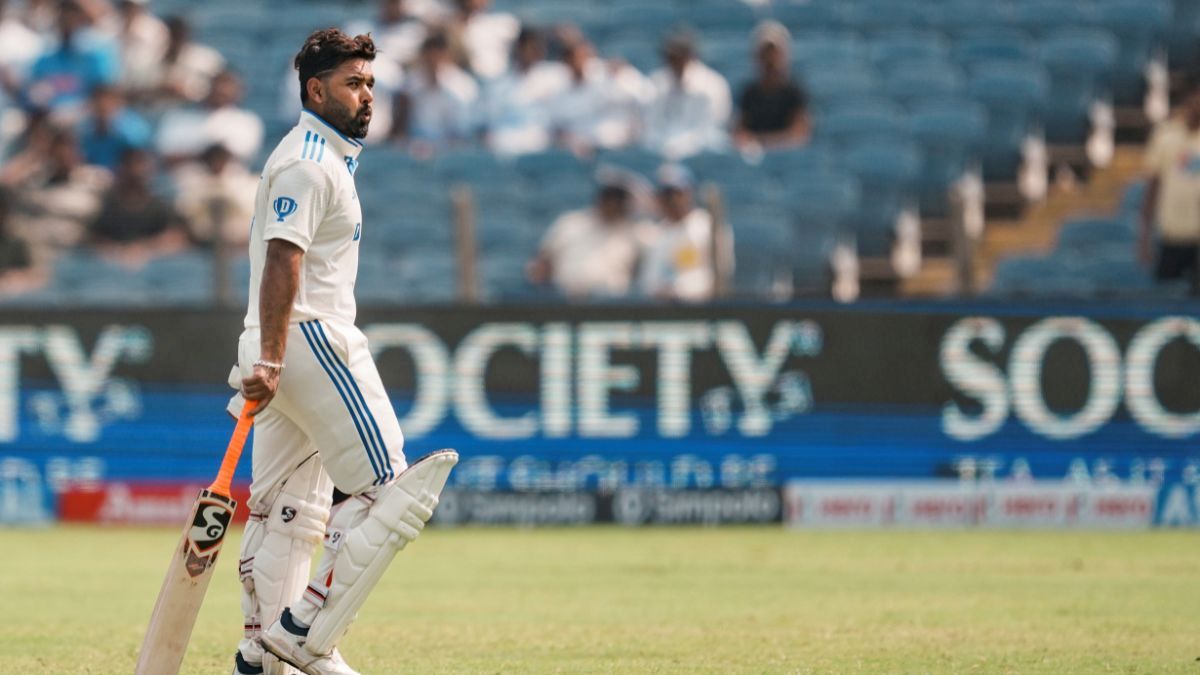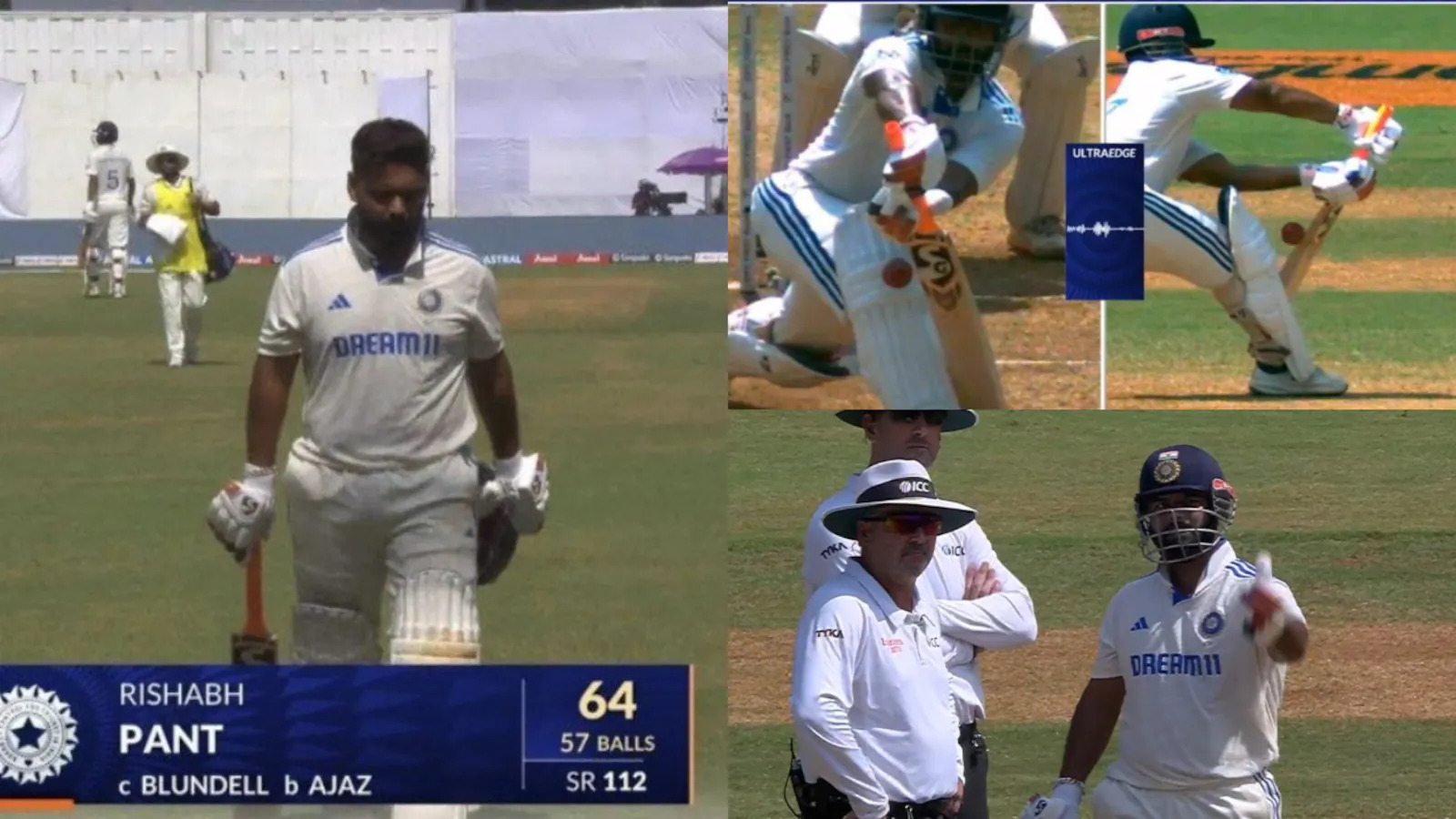After South Africa’s last Caribbean Test loss, the world changed. Over a year earlier, Donald Trump had abandoned his first presidential bid. The Labour Party had only three years of uninterrupted rule in the UK. 15 days until Narendra Modi became Gujarat chief minister.
Within five months, New York’s Twin Towers collapsed. On game day, Mukesh Ambani turned 44. There was no T20. Fifth Test in series, more than South Africa has played in a rubber in over 20 years. Since the South Africans won the series, the match wasn’t important.
Shaun Pollock led. Herschelle Gibbs and Gary Kirsten opened the batting, while Donald and Pollock took the ball. West Indies leaders Carl Hooper, Brian Lara played 51 more Tests, Cortney Walsh played his last, and Leon Garrick played his first and last. No Caribbean World Cup had been held.
April 2001. The West Indies won by 130 runs after being dismissed for 225 in the first innings. For the first time in 13 Tests, the Windies won. Won two, lost nine, including a 3-0 drubbing in England in the past three weeks, in their last 13 Tests.
West Indies have only played 15 Tests against South Africa at home since April 1992, which explains why they haven’t won more regularly. After that, South Africa played 27 Tests in England, 24 in Australia, 19 in India, and 17 in New Zealand. South Africa have played Tests less often than the Caribbean in Sri Lanka, Pakistan (for security reasons), Bangladesh, and Zimbabwe. England has played 29 Tests in West Indies, India 25, and Australia 20 since South Africa’s 1992 Bridgetown encounter.
South Africa’s West Indies underperformance is largely due to cricket’s capitalist economics. This explains why the Windies have played only 17 Tests in South Africa since 1992 Bridgetown. Britain played 27 Tests in South Africa, India 25 and Australia 24.
Rights payments for teams outside the big three make hosting them too expensive for many boards. Often, costs exceed revenue. Even with the big teams in town, boards can only hope to break even. Thus, half of South Africa’s Tests since 1992 have been against the big three. West Indies has 53.63 percent.
When West Indies and South Africa play Tests in Trinidad and Guyana from next Wednesday to August 19, the latter figure will drop slightly. This pleases Kagiso Rabada.
He told a press conference from a hotel room in Port-of-Spain on Monday, “The Caribbean is my favourite place to tour, I love coming here; there’s a lot of cricketing history here.” Cricket and globe travel are my passions. Every city and country has its unique flavour. But West Indies cricket intrigues me.”
Did it bother him that he played only 19 of his 228 internationals there, including only two of his 62 Tests? It’s hard to answer this question. That we’re not playing more Tests here doesn’t bother me. We just played a T20 World Cup here in June and are playing a T20 series following the Tests.”
Test cricket means most to a shrinking group. They include hidebound conservatives, individuals who can’t schedule five days to watch cricket, and T20 fans. Since the pioneering, now-defunct Indian Cricket League emerged in November 2007, the schedule has become more compacted, therefore Test cricket may have to suffer.
For the MCC’s July 7 World Cricket Connects seminar at Lord’s, that spectre was bigger than ever. The idea that Tests should be played by six teams to save the format worried many around the world.
Jay Shah, the BCCI secretary and the influential figure in the global game, was absent from the gathering, which may have been the most significant. Meeting importance is difficult without him. It was Ravi Shastri who said, “Quality matters since ratings plummet without it. Minimal attendance and meaningless cricket are the last things sport needs.
Twelve test teams. Reduce it to six or seven and promote/relegate. To make Test cricket interesting, create two tiers and let the top six play. The game can be distributed in T20.”
That may be easier stated by Shastri, who is essential to India’s game control. Test cricket’s decline won’t hurt the BCCI. However, the West Indian game and South Africa’s might make Rabada’s perspective relevant.
“Sport is about giving entertainment to the fans,” he remarked. Cricket, the second most popular sport in the world after football, is clearly entertaining, based on subcontinental numbers.
For fans to enjoy cricket, it must be good. West Indies haven’t been in terrific form. Test cricket is important in West Indies, therefore they’ll work to fix it. It matters in all well-established boards.
The best teams want to play against good cricket teams. Like us, West Indies must play good Test cricket. Doing so builds your following.
In January, West Indies defeated Australia. After Shamar Joseph bowled, people cried. They cried. This revived West Indies Test cricket. We need more of that.”
In only his second Test, Joseph took 7/68 in the second innings to win by eight runs in Brisbane. So against opponents who had eight wickets to score the last 103 runs to win. Epic, but just one match. Rabada said West Indies and South Africa need more like it to compete in India. Many times more.
It would be terrible if there were just six teams and West Indies weren’t in the top six because they dominated international cricket. But then they decide. We must boost the game too.
Honestly, the big three have the most money. If you want them to play against you, play excellent cricket. Compete for the World Test Championship. One technique to control team equilibrium is that.”
Also Read: Rabada to Test teams outside of the Big Three: ‘Play excellent cricket, offer fans entertainment’
Actually, the main three are one big one orbited by two smaller satellites. While the BCCI is criticised for taking the most ICC income, they generate the most. Without them, profits would be substantially lower. The IPL, India’s crown jewel, has spurred innovation in all formats. Since South Africa last lost a Test in the Caribbean, cricket has changed worldwide. Better.











 Win Projections to be updated soon
Win Projections to be updated soon










